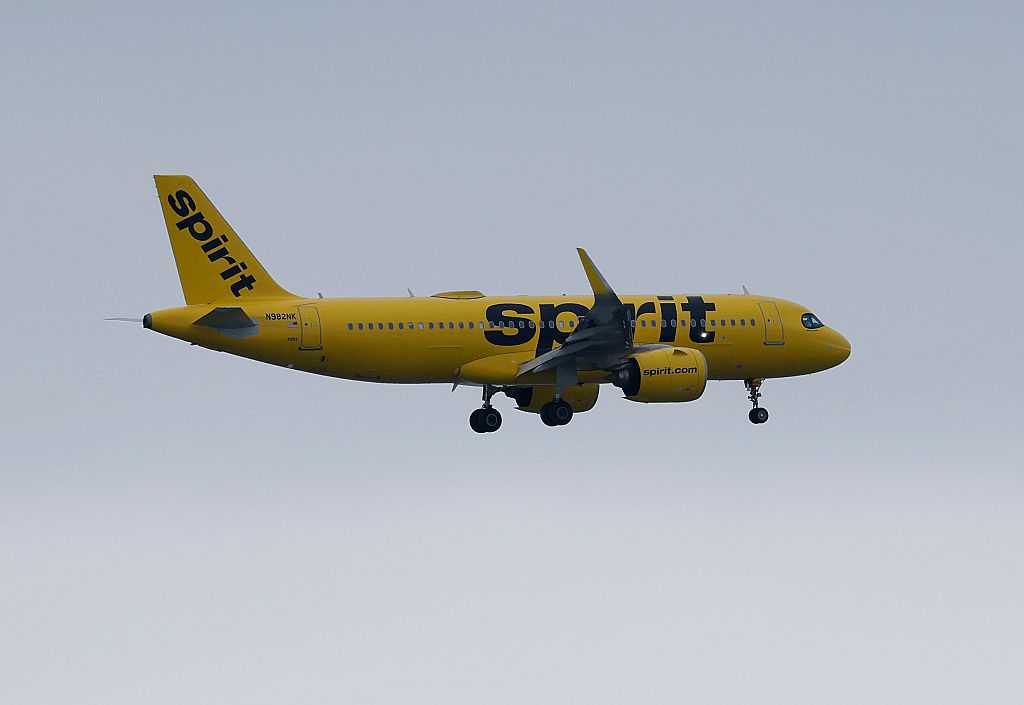The Struggle of Spirit Airlines and Its Impact on Airfares
Spirit Airlines, a discount carrier that has long been a key player in the U.S. aviation industry, is facing an uncertain future. The airline recently filed documents indicating “substantial doubt” about its ability to remain in business for more than a year due to continued losses and declining revenue. This situation could have far-reaching consequences not only for employees and customers but also for all travelers who rely on affordable airfares.
For decades, Spirit has played a crucial role in driving down prices for domestic flights. By offering no-frill, budget-friendly options, the airline has forced major carriers to adjust their pricing strategies. This model, which includes charging passengers for extras like carry-on bags, has become a benchmark in the industry. As a result, other airlines have introduced their own low-cost ticket options, often under the “basic economy” category.
The Potential Consequences of Spirit’s Closure
If Spirit were to shut down or be acquired by a competitor, it could lead to higher airfares across the board. According to Scott Keyes, CEO of Going.com, a discount airline ticket site, “you can expect fares to go up in a world where Spirit no longer exists.” Even for those who never fly with Spirit, the airline’s presence has contributed to lower prices for everyone.
This impact was evident when JetBlue Airways attempted to acquire Spirit in 2022. The Justice Department successfully argued in court that the merger would reduce competition and increase fares. The deal was ultimately blocked on antitrust grounds in early 2024. Judge William Young of the US District Court for the District of Massachusetts noted that Spirit’s presence puts pressure on other airlines to lower their fares. In fact, when Spirit enters a market, its rivals typically reduce their prices by between 7% and 11%.
Financial Challenges and Market Adjustments
Despite its influence, Spirit has struggled financially since the pandemic. The company reported a net loss of $256.7 million since emerging from bankruptcy in March, with revenue this year down 20% compared to a year ago. Part of this decline is due to the airline scaling back its flight schedule to mitigate losses. This reduction has led to fare increases on routes that Spirit discontinued, with some markets seeing average price hikes of over 22%.
Zach Griff, an airline travel expert and senior writer at The Points Guy, explained that even if fares don’t directly increase on every route, other airlines might respond by reducing the number of seats available in basic economy. “Even if you’re not flying with Spirit, they have the effect of lowering fares in the market,” he said.
The Future of Spirit Airlines
Spirit CEO Dave Davis has assured employees that the airline is not doomed to close despite the financial challenges. He emphasized the airline’s importance to the U.S. aviation industry, stating that Spirit has saved consumers hundreds of millions of dollars, whether they fly with the airline or not.
However, the possibility of a merger remains. A deal with a major carrier like United, Delta, or American Airlines could raise concerns about antitrust issues, similar to the one faced by JetBlue. While the Trump administration may be less inclined to block such deals, the Biden administration has taken a more active role in antitrust cases. An acquisition by another low-cost carrier like Frontier could face fewer legal hurdles, but both airlines are currently experiencing financial difficulties.
The Broader Implications of Consolidation
Opponents of airline mergers argue that further consolidation could be detrimental to passengers. William McGee, a senior fellow for aviation and travel at the American Economic Liberties Project, warned that “there’s never been a merger where the new entity continues to fly on every route and continues to fly as many flights as they did separately. Mergers lead to higher fares.”
As Spirit navigates its financial challenges, the outcome will have significant implications for the airline industry and travelers across the country. Whether the airline survives, is acquired, or shuts down, its impact on airfares and competition will continue to be felt for years to come.



